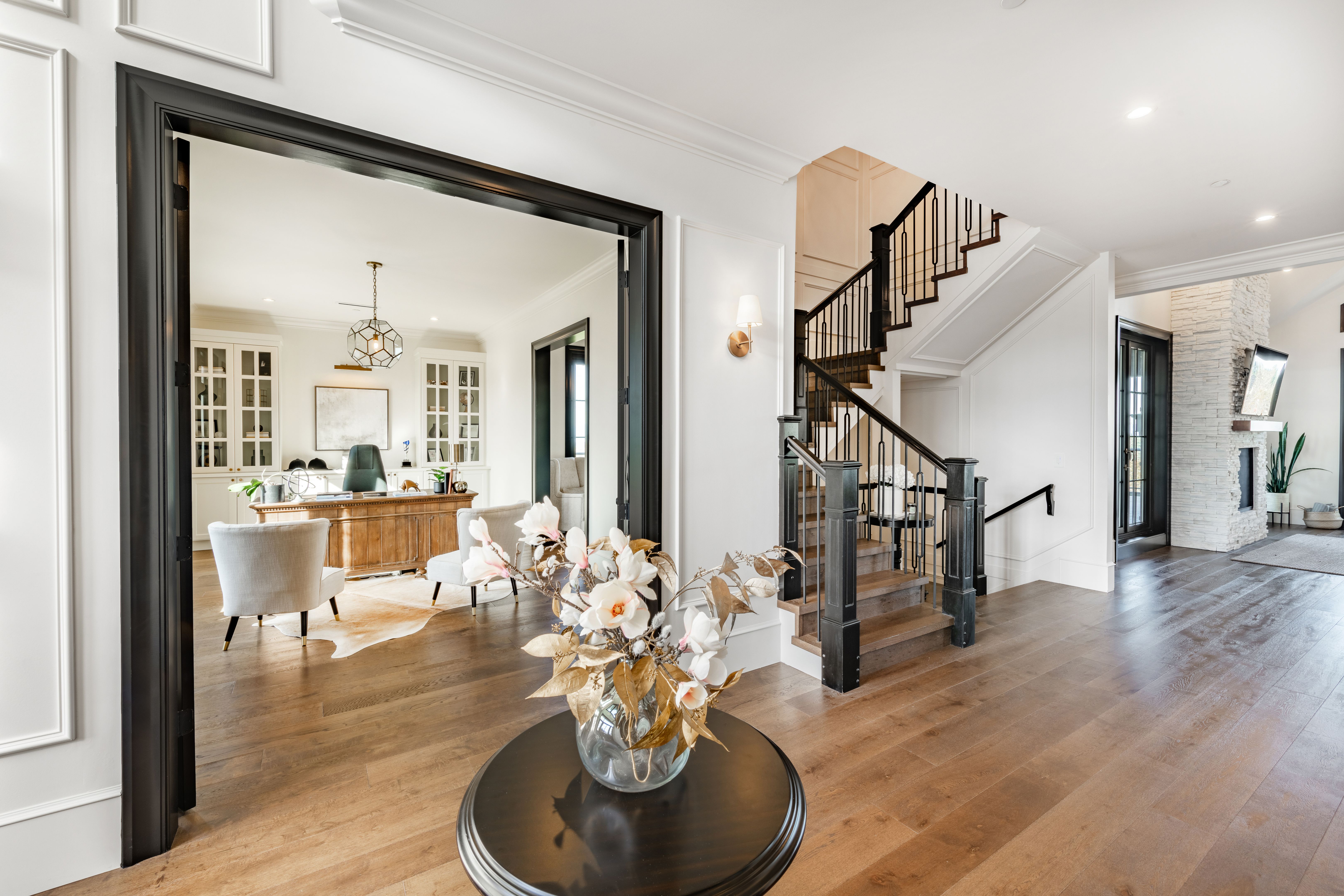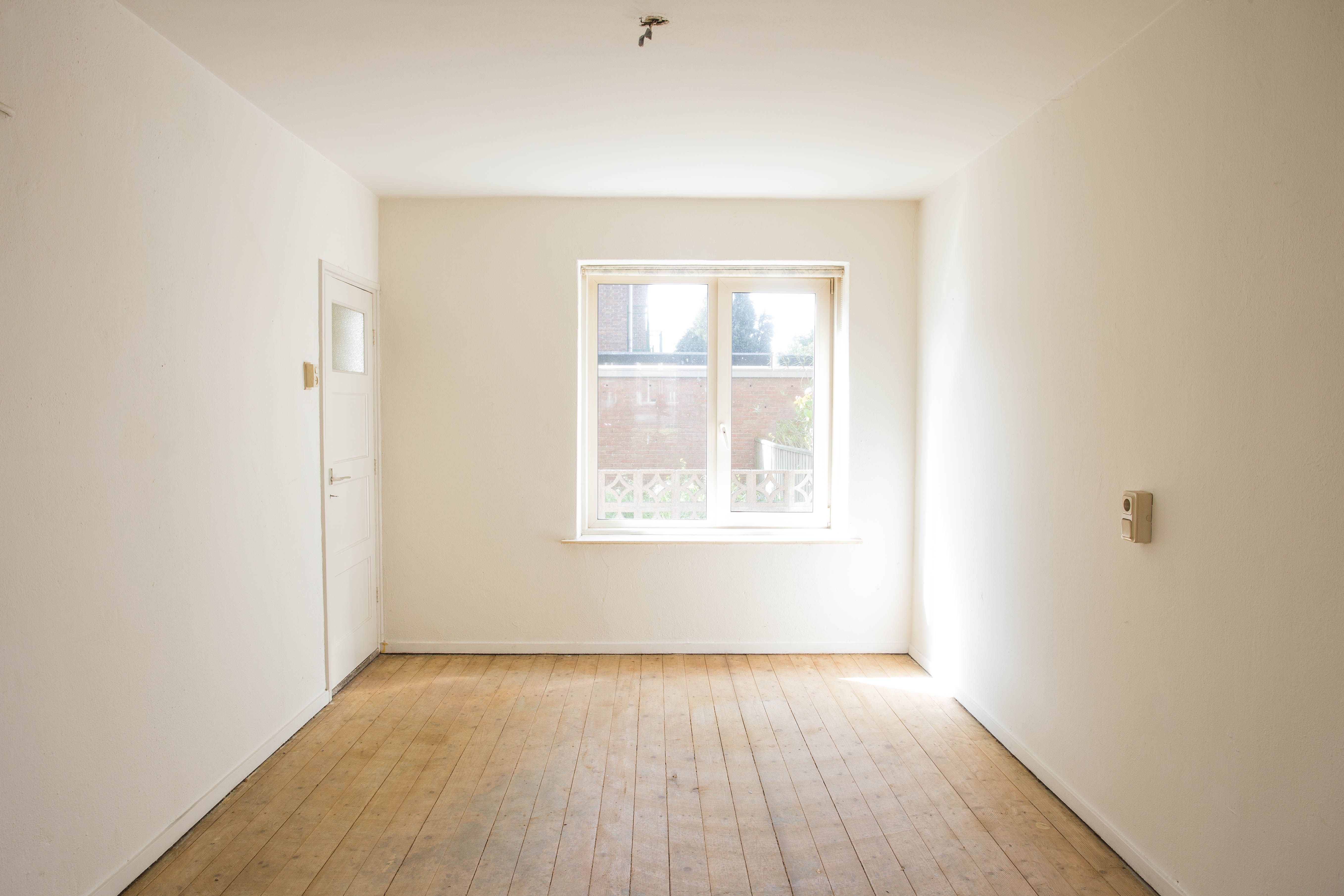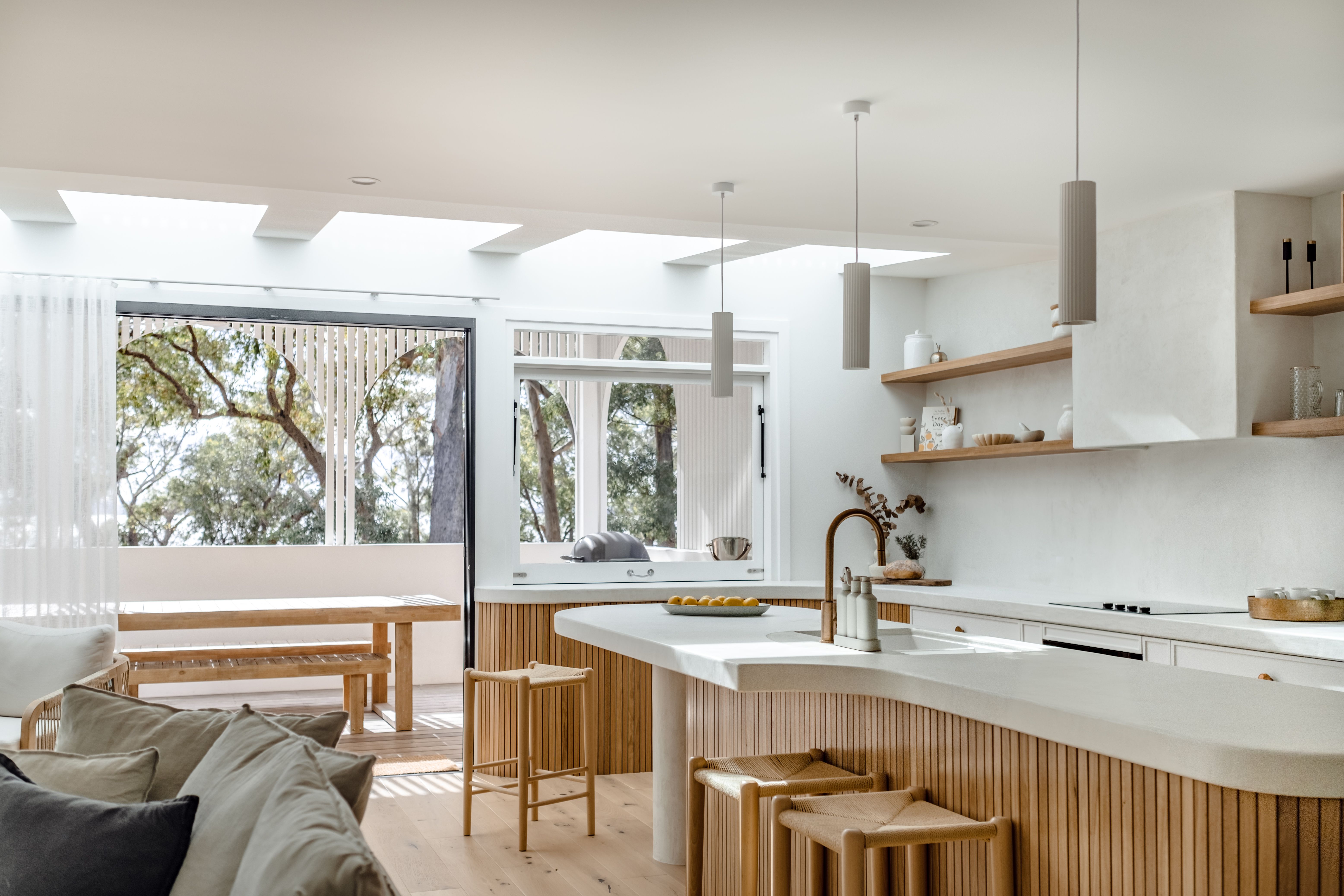Vacant vs. Occupied: Which Sells Better?
Factors Influencing Home Sales
When selling a home, one of the critical decisions sellers face is whether to present the property vacant or occupied. Each approach has its advantages and potential drawbacks, which can significantly influence the speed and success of the sale. Understanding these factors is crucial for making an informed decision that aligns with your goals.

Advantages of Selling a Vacant Home
One of the most significant benefits of selling a vacant home is that it allows potential buyers to envision their own furnishings and style in the space. Without the distraction of existing furniture and décor, buyers can focus more on the home's features and layout. Additionally, a vacant house is often easier to show at a moment's notice, providing more flexibility for prospective buyers to visit at their convenience.
Moreover, vacant homes can appear more spacious, which is appealing to many buyers. The absence of furniture allows for unobstructed views of the rooms, enabling buyers to imagine various possibilities for each space. This blank canvas effect can evoke creativity and excitement as potential buyers consider how they would personalize the home.
Challenges of Selling a Vacant Home
While there are advantages to selling a vacant home, several challenges must also be considered. A vacant property can sometimes feel cold or uninviting, lacking the warmth that occupied homes naturally provide. This emptiness can make it difficult for some buyers to visualize the property as a cozy and livable space.

Additionally, vacant homes may require more frequent maintenance and security checks to ensure they remain in pristine condition. Empty properties can attract unwanted attention, necessitating regular visits by the seller or real estate agent to deter potential issues.
Benefits of Selling an Occupied Home
On the other hand, selling an occupied home offers its own set of benefits. An occupied home can provide a lived-in feel that helps buyers connect emotionally with the space. The presence of furniture and personal touches can enhance the home's appeal, making it easier for buyers to imagine themselves living there.
Furthermore, occupied homes often appear more secure and well-maintained. Regular occupancy ensures that small maintenance issues are promptly addressed, which can be reassuring to buyers concerned about the property's condition.

Considerations for Selling an Occupied Home
Despite these advantages, selling an occupied home comes with its challenges. Personal items and clutter can distract buyers from the home's features, so it's essential to stage the property effectively. Decluttering and depersonalizing spaces can help create an inviting environment that appeals to a wider audience.
Moreover, coordinating showings around the occupant's schedule can sometimes be challenging, potentially limiting availability for potential buyers to view the property. Flexibility and cooperation between the seller, occupants, and real estate agent are key to overcoming these obstacles.
Conclusion: Which Option is Better?
Ultimately, whether a vacant or occupied home sells better depends on various factors, including the local real estate market, buyer preferences, and the specific characteristics of the property. Sellers should weigh these elements carefully and consult with their real estate agent to determine the best strategy for their unique situation.
Both approaches have their merits; understanding these can help sellers make a decision that maximizes their chances of a successful sale.
